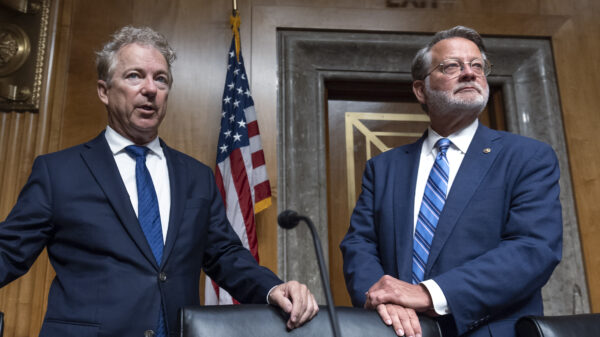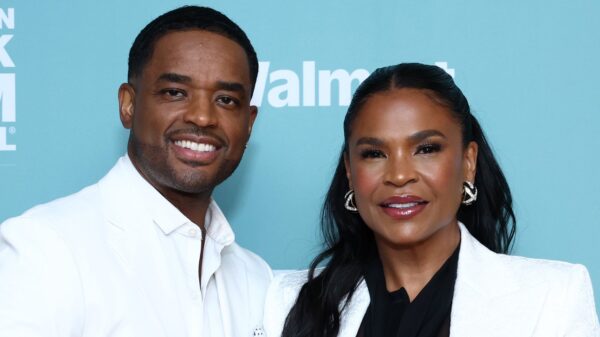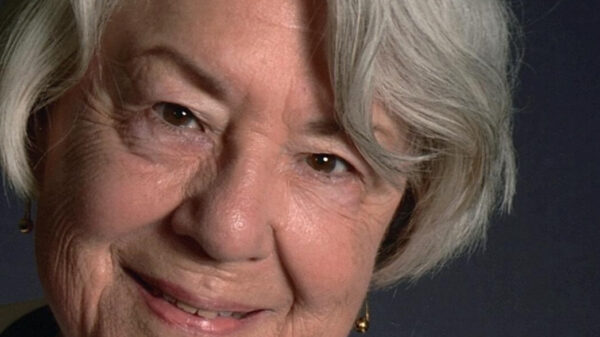URGENT UPDATE: A growing trend among millennial parents reveals a significant shift in family planning, with many opting to have only two children. Experts confirm economic pressures, changing values, and logistical challenges are pushing younger generations to reconsider the traditional family size.
Millennials, aged 29 to 44, are now the generation most likely to stop at two kids, viewing a third as a luxury rather than a norm. Victoria Lamson, a 38-year-old mother from San Francisco, shared her story, highlighting the daunting costs of raising children in the nation’s most expensive city. With private school fees averaging $26,000 per child annually, Lamson stated, “Putting all those factors together, it really just doesn’t make sense for us anymore.”
The economic landscape has drastically changed since previous generations. According to a Pew Research Center report, millennial women average 2.02 kids, closely mirroring Gen X and Baby Boomers but with a noticeable drop in overall birth rates. Pamela Smock, a sociologist at the University of Michigan, explains that many millennials delay parenthood until they achieve financial stability, often burdened by an average of $42,000 in student loan debt.
The implications are staggering. As millennials navigate the rising costs of child care—averaging $11,000 per child—they are forced to prioritize their financial security over expanding their families. Stephanie Fornaro, a 40-year-old mother of two from Dallas, revealed that hiring a full-time nanny for a third child would cost around $80,000 a year, significantly impacting her family’s financial dynamics.
Milestones are being pushed further back, with millennials becoming first-time parents at a median age of 27.3, compared to 21 in the 1970s. With fertility declining in later years, many parents are left grappling with the reality that planning for a third child may not be feasible.
The emotional toll is equally profound. Many parents feel that adding a third child could diminish the quality of life for their existing family. Fornaro, who grew up in a large family, expressed her desire to provide her children with more attention and experiences, stating, “I wanted my kids to have my undivided attention.” Lamson echoed similar sentiments, noting that a third child would complicate family vacations and quality time.
The millennial ethos reflects a more conscious choice in family planning, with a growing awareness of the challenges that come with larger families. Sociologist Julia A. Behrman indicates that despite rising interest in traditional large families, the average ideal family size remains around 2.5, with many millennials planning for even fewer.
As economic uncertainties loom and societal values evolve, the landscape of parenting continues to shift dramatically. The implications of these choices are profound, not just for individuals but for society as a whole, as the birth rate continues to decline.
What’s Next: As millennials navigate these challenges, the conversation surrounding family size and economic stability will undoubtedly continue. Experts urge policymakers to consider the implications of these trends on future generations.
This urgent update highlights the need for a deeper understanding of the changing family dynamics among millennials, a trend that shows no signs of reversing. Families are feeling the pinch, and many are choosing to invest their time and resources in fewer children, fundamentally altering the fabric of American society.






































































